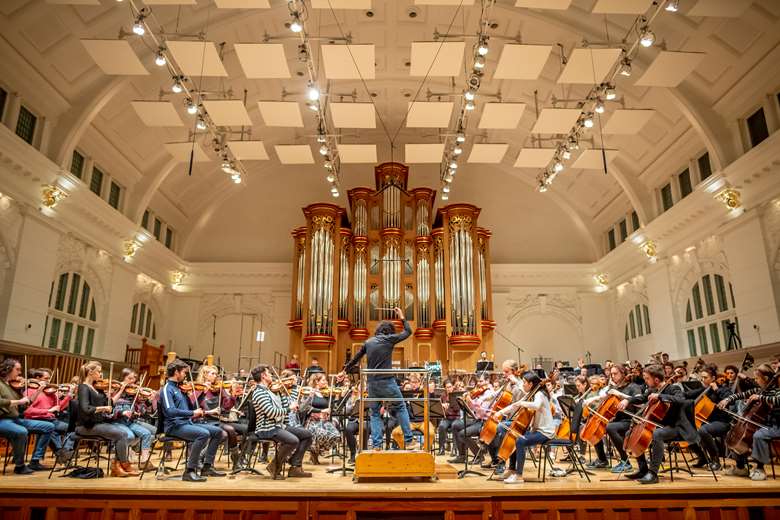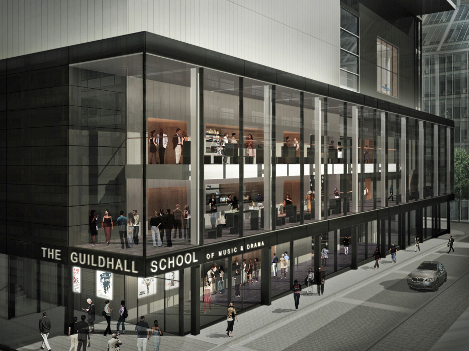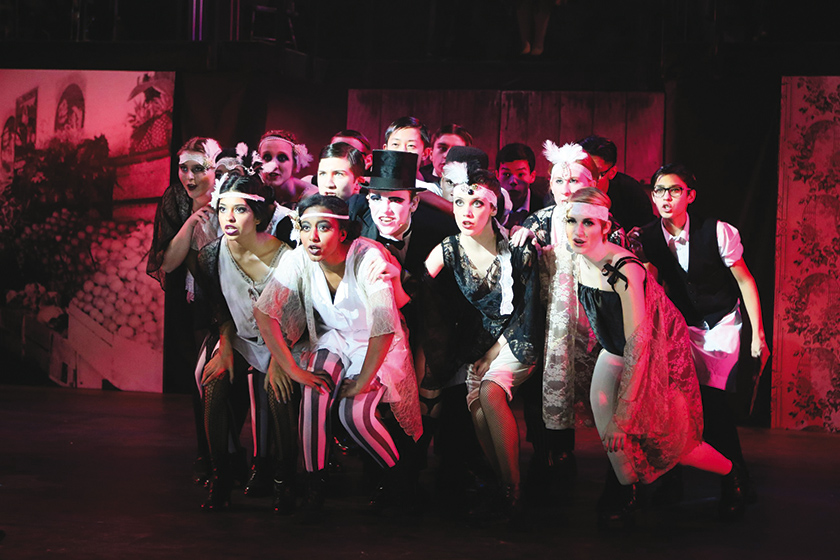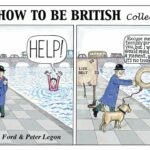University Not Only Option… Conservatoires – Daisy C
As you enter the Sixth Form, everything will be about your future. The questions: ‘What is it that you want to work as?’, ‘Where do you see yourself in 5 years?’, ‘Which subject do you want to do at university?’ will feature on a seemingly weekly basis.
Yes, they say that there are other options- RHS is better than most at emphasising the benefits of doing an apprenticeship, going to the army or taking a gap year. But then you’re put on the universal journey of filling in your UCAS, choosing your favourite subject and making a banging (or, at least, vaguely coherent) personal statement and, in a flash, university seems like the only option. Or at least the only GOOD option.
Yes, they mention apprenticeships but your weekly assemblies and tutor sessions will be angled towards university. Yes they talk of other options but every teacher will have taken the university route – you have to get a degree to be a teacher. So even if they try to suggest other routes, teachers are primarily going to advocate for university. Which is probably the most applicable route for most RHS students’ professional goals, don’t get me wrong. For many such as myself, this focused support on university, how to prepare and what to expect has been of endless use in preparing me.
But for some, this isn’t the case…
If your gut says that university is not for you, if you prefer the practical aspect of work or if you just do not want to study academics for another 3+ years then do not despair, there are MANY other options that result in you getting the job you want.
So this week’s alternative pathway will focus on the creative people (musical and dramatic)
You can study art, product design, media and communications and drama at university. But to fully immerse yourself in the more practical, more creative aspect of these arts, you may want to consider another potion. University focuses on the more academic part of these creative subjects, which is great for some but for others feels less geared towards their career and their talent.

Conservatoires:
Conservatoires are music and/or drama schools geared specifically towards preparing you for the performance industry. Through practical learning and performance opportunities, conservatoires allow those intent on becoming a musician/ actor/ dancer/ stage manager/ prop designer to work on their skill and prepare for their professional life. As well as this, many conservatoires offer the ability to work with an agent and to make connections in the world of performance which is integral to the life of an artist.
And for many, these opportunities are more useful than studying a music course at university. For example, if you know that you want to become a pianist, you may not want to learn the story of Beethoven’s life or how music can be seen in terms of its social context. Instead, you are likely to want to practice, perform and make connections so that the transition to professional life as a musician is much easier. Making connections, finding agents, and performing in different spaces helps to teach and prepare you how to survive as an artist.
In the UK, there are 11 conservatoires as listed below. Most are in London but there are some in other places such as Leeds, Birmingham and Scotland. Although these places can be expensive to live in, they are beneficial to performers as these cities have many job opportunities for students to access after their studies. Some of these conservatoires are purely musical and some are solely for drama, although most offer both. For example, Guild Hall is mainly a music school but you also offer courses in musical theatre, acting, sound and lighting and costume design to name just a few etc.

- Royal Academy of Music
- Trinity Laban Conservatoire
- Leeds Conservatoire
- LAMDA (London Academy of Music and Dramatic Art)
- RADA (Royal Academy of Dramatic Arts)
- Guild Hall School
- Royal Central School of Speech and Drama- University of London
- Royal Birmingham Conservatoire
- Royal Conservatoire of Scotland
- Royal Welsh College of Music & Drama
- Royal College of Music London
- Royal Northern College of Music
The process of application: for most, you will need to submit your personal statement, get two references, send off tapes/ portfolios, attend auditions and interviews in person if they like you and then you may receive an offer.
Pros: Great place to network, gain wisdom, increases personal growth, pushes you out of your comfort zone, practical focused, very inspiring, high standard, ability to collaborate with others
Cons: Very expensive, limits your options outside of the creative industry (unless you go back to university), you do not come out with an academic degree.
Conclusion: If you are unsure whether university is the right option for you and you love music/ performance/ directing/ designing then don’t despair- you have options. Research conservatoires and find out whether this alternative journey should be YOUR journey.
Next week: Apprenticeships …















Post Comment
You must be logged in to post a comment.